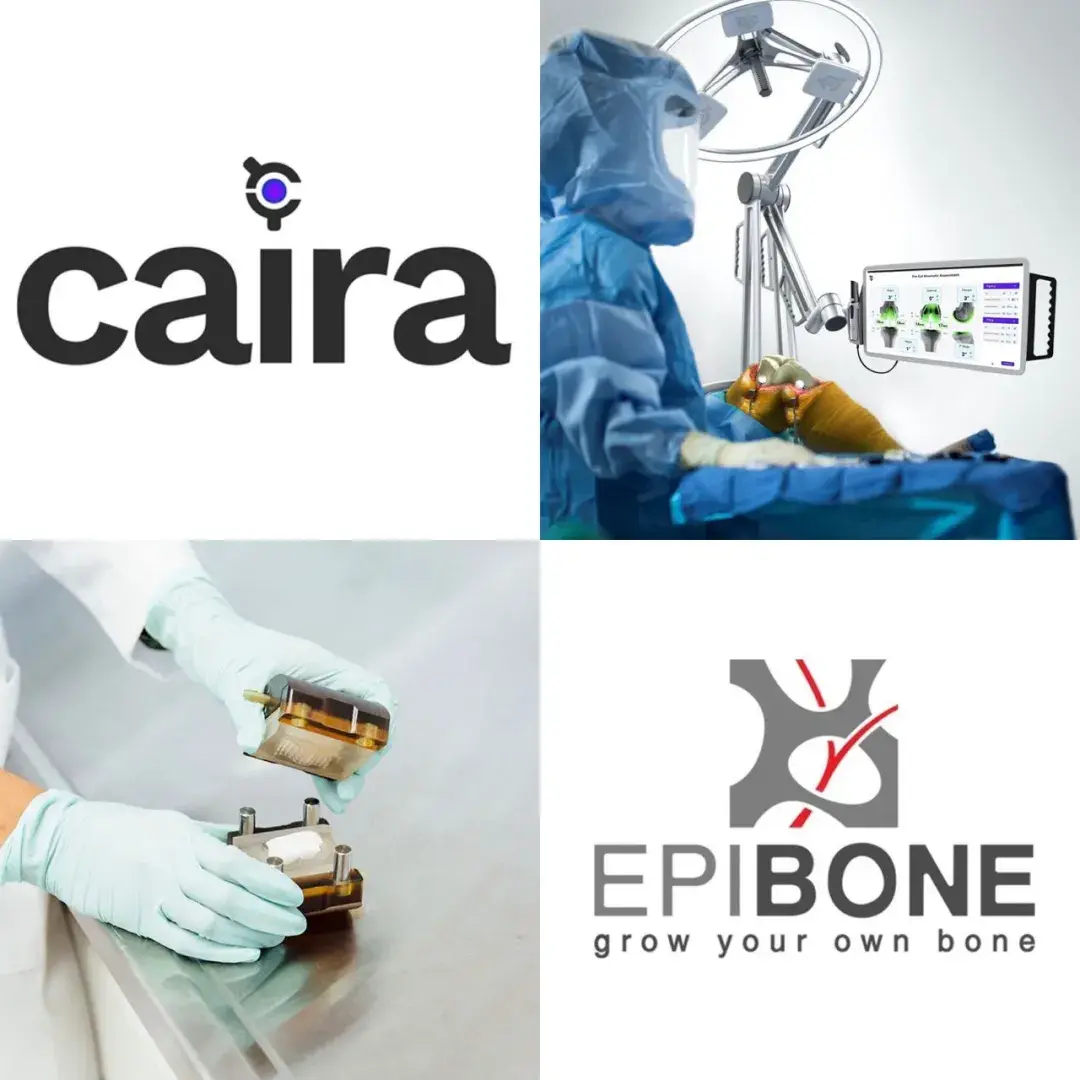|
In recent years, industrial automation has emerged as a game-changer in the manufacturing industry. This advanced technology integrates cutting-edge machinery, artificial intelligence, and robotics to streamline production processes, enhance efficiency, and minimize human intervention. As a result, it has revolutionized the manufacturing landscape, offering numerous benefits to businesses worldwide. One of the key advantages of industrial automation is increased productivity. By automating repetitive tasks and optimizing workflows, manufacturers can achieve higher output levels while maintaining consistent quality standards. Automated systems can operate 24/7 without breaks or fatigue, enabling companies to meet growing demands and scale their operations effectively. Furthermore, industrial automation improves operational efficiency by reducing errors and waste. Machines equipped with sophisticated sensors and AI algorithms can detect defects and anomalies in real-time, minimizing the risk of faulty products reaching the market. This not only saves costs associated with rework or recalls but also strengthens brand reputation and customer trust. Another significant benefit of industrial automation is enhanced worker safety. By replacing humans with robots for hazardous tasks, such as working in extreme temperatures or handling toxic substances, the risk of accidents and injuries can be significantly reduced. This promotes a safer work environment and protects employees from potential health hazards. Moreover, industrial automation facilitates data-driven decision-making. Through the collection and analysis of vast amounts of production data, manufacturers can gain valuable insights into their processes, identify bottlenecks, and implement strategic improvements. This enables businesses to optimize resource allocation, reduce downtime, and make informed decisions to drive continuous growth. Additionally, industrial automation plays a crucial role in fostering sustainability and environmental conservation. Automated systems are designed to minimize energy consumption and optimize resource utilization. By implementing energy-efficient technologies and optimizing production cycles, manufacturers can reduce their carbon footprint and contribute to a greener future. However, the implementation of industrial automation does come with challenges. Integration with existing infrastructure, upskilling the workforce to adapt to new technologies, and ensuring cybersecurity are some of the hurdles that businesses must overcome. Moreover, concerns regarding job displacement need to be addressed through reskilling and upskilling initiatives to enable workers to transition into higher-value roles. In conclusion, industrial automation has emerged as a transformative force in the manufacturing industry. It offers numerous benefits such as increased productivity, operational efficiency, worker safety, data-driven decision-making, and sustainability. While challenges exist, the potential for growth and innovation through industrial automation is vast. By embracing this technology, businesses can unlock new opportunities and stay ahead in today's competitive market.  |
